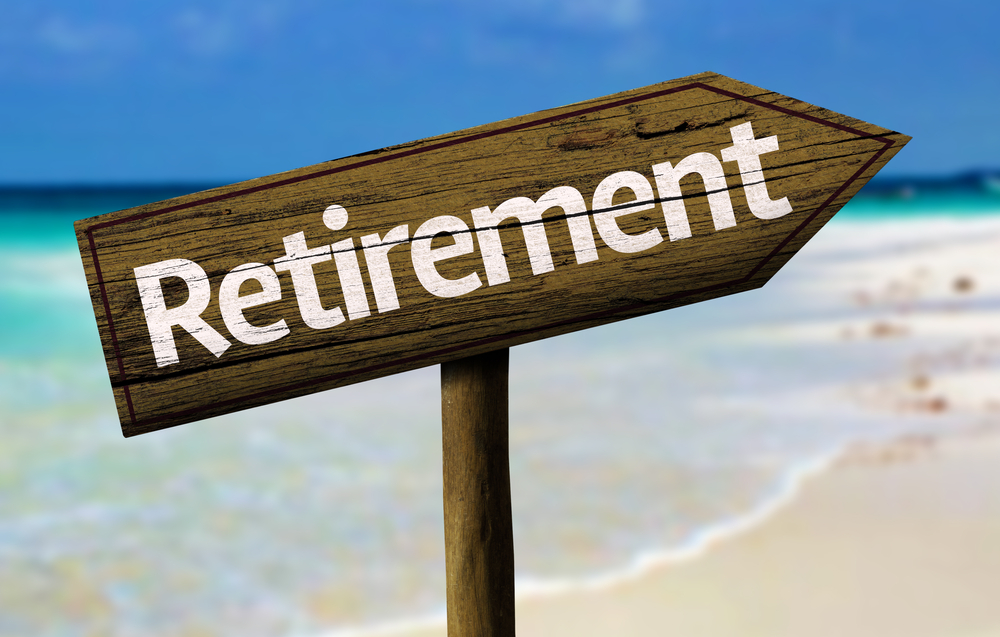
In a recent speech, United States Consul General in Nigeria, Will Stevens, emphasized the importance of communal efforts in getting 13,000 HIV/AIDS positive Osun residents on treatment. Stevens spoke at the Launching of the HIV treatment surge in Osun State, which was facilitated by the Excellent Community Welfare Education Service (ECEWS) and held at the Local Government Service Commission on Thursday.
Stevens stressed that HIV/AIDS is not a death sentence, and that the community must work together to ensure that infected residents enroll in necessary treatment. He urged stakeholders to collaborate and make everyone feel safe to approach necessary health facilities for treatment. The initiative to combat HIV/AIDS in Osun State requires the collective effort of everyone, including government, civil society, implementing partners, and the police. Stevens emphasized that it will take that combined effort to reach the most vulnerable citizens.
Governor Ademola Adeleke, represented by his Deputy, Kola Adewusi, also expressed the state government’s commitment to reducing the scourge by improving access to HIV testing and treatment services. Through the ECEWS SPEED project, which is funded by the U.S. President’s Emergency Plan for AIDS Relief (PEPFAR) through the U.S. Centers for Disease Control and Prevention (CDC), the government has been able to scale up HIV testing and treatment services across the state. The project provides free HIV prevention and treatment services to thousands of people, including children, pregnant women, and key populations.
Dr. Okezie Onyedinachi, the ECEWS Project Director of HIV treatment for Osun, Ekiti, and Delta states, said the essence of the surge in treatment in the state was premised on the fact that out of the 29,000 people living with HIV/AIDS in the state, only 16,000 were placed on treatment as of last year. The surge program aims to reach the remaining 13,000 people living with the scourge and put them on treatment by 2025. Onyedinachi emphasized that the time is short and that the program requires thinking differently, which means entering into the communities and providing opportunities for people to know their HIV status across Osun State.
Prior to the ECEWS project, the organization was working within 12 local governments, but now, they plan to take it to all 30 local governments in the state. The Governor has been appointed as the “Surge Champion” to enable the program to achieve its target. With everyone’s collective effort, Stevens expressed confidence that they could reach 95-95-95 of treatment for the victims very quickly. The hard work of the incredible people involved in the project is expected to make it happen.


















